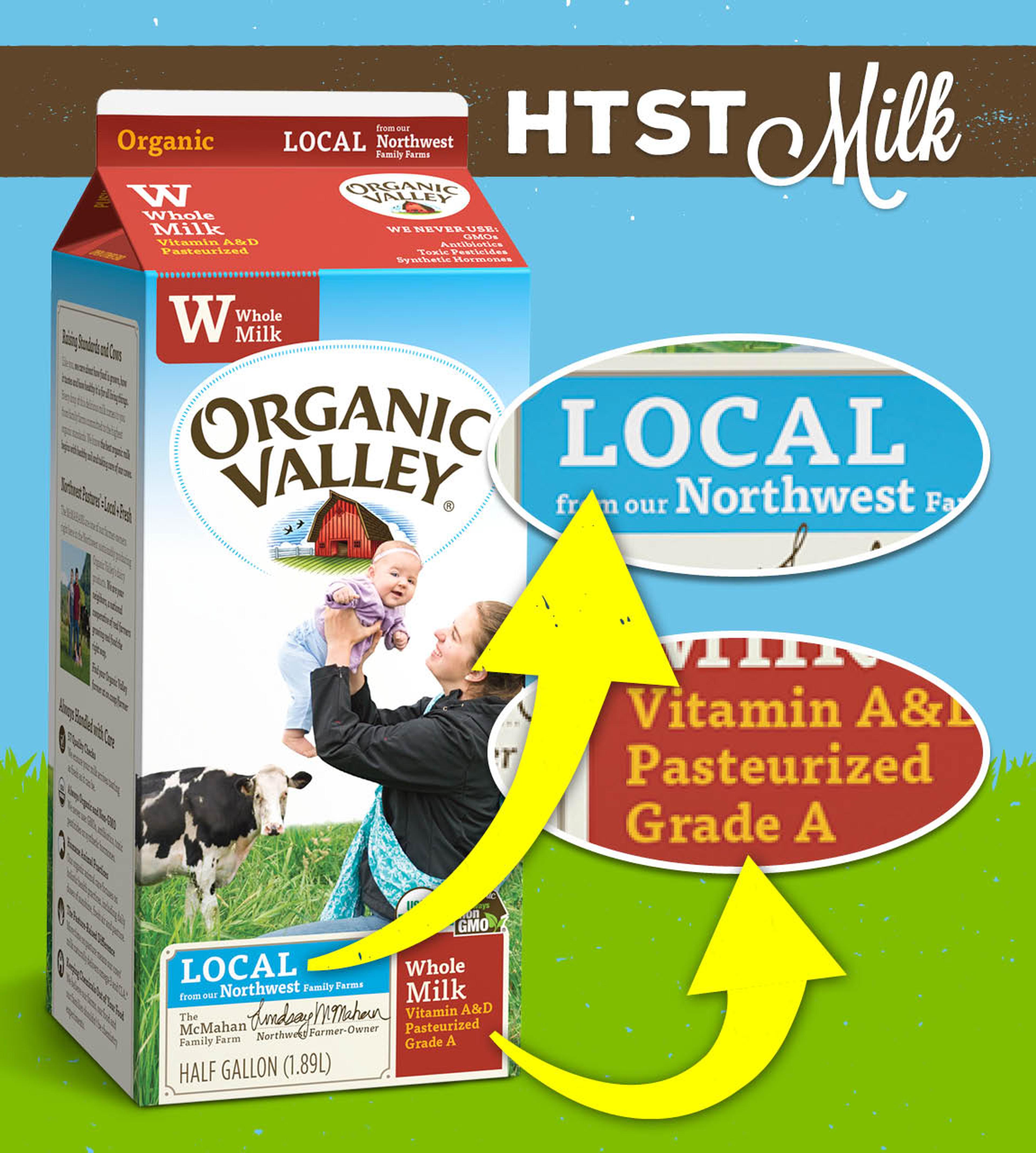
Food
What’s the Difference Between Pasteurized and Ultra-Pasteurized Milk?
What is pasteurization? This is one of the most frequently asked questions we get.
The very simple answer is that pasteurization is a physical process which quickly heats then cools perishable beverages like juice, beer, kosher wine, and of course, milk to kill off the kinds of bacteria that can make people sick, like salmonella, listeria and E. Coli.
Pasteurizing milk has been a law in the U.S. since 1987, and milk cannot be sold across state lines unless it's been pasteurized. As of January 2019, only 12 states allow retail sales of unpasteurized (raw) milk.
Organic Valley mainly uses two kinds of pasteurization:
- High Temperature Short Time (HTST, or simply “pasteurized”)
- Ultra-High Temperature (UHT, or ultra-pasteurized)
Here’s how the two processes work.
- HTST pasteurization heats the milk to 161 F for 15 seconds and then rapidly cools it to 39 degrees.
- For UHT, raw milk is heated to approximately 280 F for just 2 seconds and is then rapidly chilled back to 39 degrees.
- Both methods result in milk that is 99.9% free of bacteria.
How do I tell the difference?
You can tell which pasteurization process our milk has been through because it’s printed on the cartons as “pasteurized” or “ultra-pasteurized.”

You might wonder why we do it both ways.
In some cases, it’s about where the milk is packaged. Many plants are only set up for one process or the other.
We use what we call “co-processors” around the country located near where our farms are. This reduces the energy footprint of Organic Valley milk. When the milk doesn’t have to travel far from farm to plant, it’s fresher when it gets to you, regardless of the type of pasteurization used.
Even so, we produce ultra-pasteurized milk because it extends the milk’s shelf life, which many retailers and consumers like. Ultra-pasteurized milk lasts three times longer than HTST processed milk because the higher temperature not only kills the usual suspects like E. Coli and salmonella, but UHT kills all other non-pathogenic bacteria that can cause spoilage, too. Because of this, UHT pasteurization gives you a longer “sell by” date at the store and more leeway in the fridge before you open the carton.
Food safety is a top priority at Organic Valley. That’s why our farmers follow USDA Organic standards, which includes requirements for how the milk is handled, and why every gallon of milk passes our own 57 quality checkpoints between the farm and your fridge. Pasteurization is just one step in our long food safety checklist.
Related Articles
- Tags:
- cooking & entertaining,
- organic nutrition

















